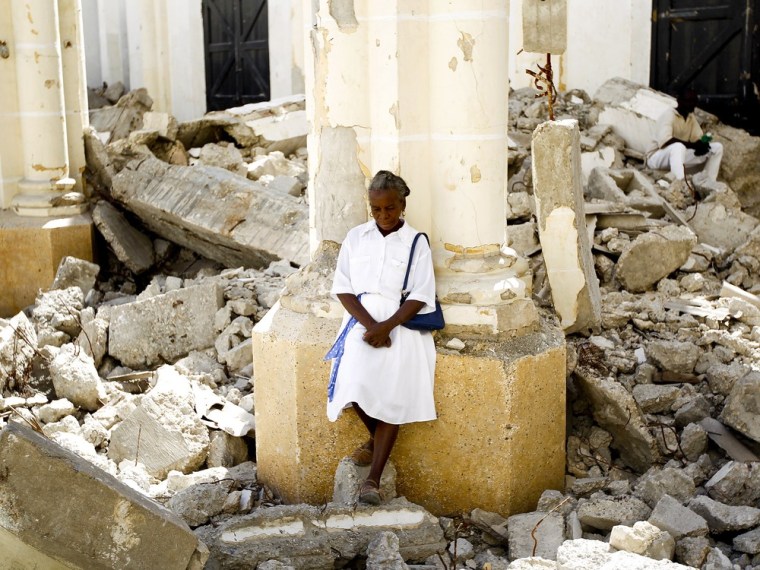The economic cost of natural and man-made disasters jumped threefold to $218 billion in 2010 from $68 billion the previous year, with earthquakes the main cause of death and destruction, insurer Swiss Reinsurance Co. said Tuesday.
Some 304,000 people died in disasters last year, a sharp rise from 15,000 in 2009. Haiti's earthquake alone claimed 222,000 lives, while almost 56,000 people were killed by Russia's summer heatwave and over 6,200 people died from floods in China and Pakistan.
The Zurich-based company said insurers bore $43 billion of the cost of disasters last year, a 60 percent year-on-year increase. The earthquakes in Chile and New Zealand had insured losses of over $12 billion, it said. Eight other disasters, including storms in the United States, Germany, France and Australia cost insurers more than $1 billion last year.
The only man-made catastrophe to make the costliest top ten was the Deepwater Horizon explosion that caused a massive oil spill in the Gulf of Mexico.
In its annual report, Swiss Re predicted that losses from recent quakes in New Zealand and Japan will make 2011 another expensive year for insurers.
"Although no long-term trend of increasing global earthquake activity has emerged, the number of fatalities and insured losses from earthquakes are on the rise," Balz Grollimund, one of the report's authors, was quoted as saying. "The main reasons are population growth, the higher number of people living in urban areas as well as rising wealth and rapidly increasing exposures."
With his industry's interests in mind, Swiss Re's chief economist Thomas Hess also noted that many developing countries have poor disaster insurance coverage. Some of the new-found wealth in countries like China should be used to improve emergency preparedness and insurance protection against extreme weather events such as flooding, he said.
